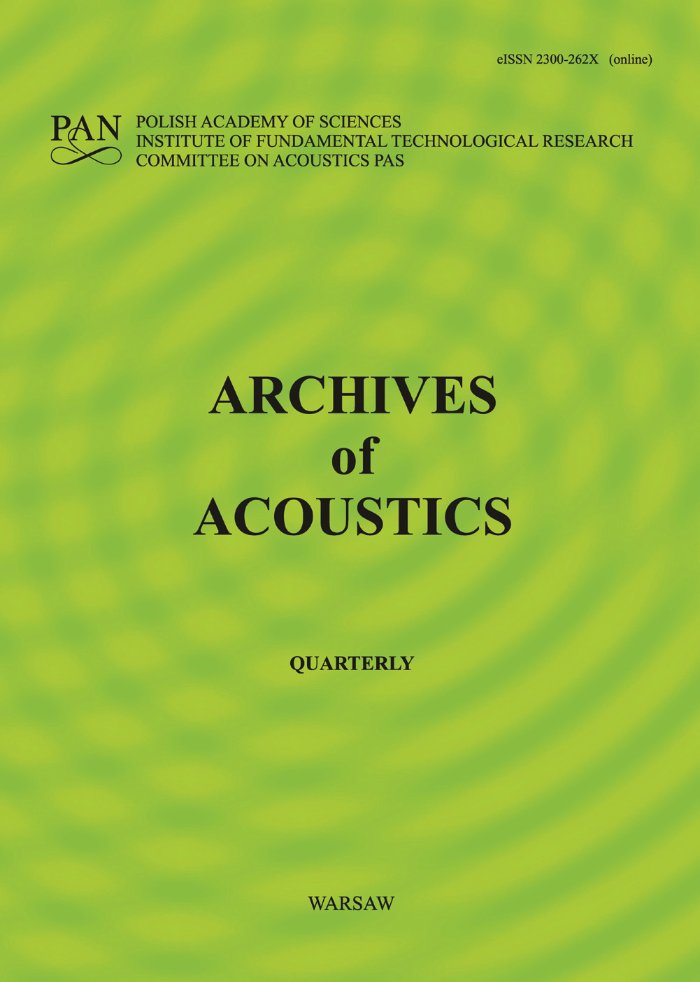L'identificatione della persona per mezzo della voce. Atti della tavola rotonda, Padova 14-15 Sept. 1978. F. E. Ferrero (ed.). ESA (Edizioni scientifiche associate) Roma.
Abstract
Speech being an intra-species mode of communication of the biogenetic entity homo sapiens, it is only natural that ethnic language should be, and has been, for about 2 1/2 thousand years now, the object of scientific or quasi-scientific study. The spoken form of language contains, however, not only linguistic information — which until recently was the only object of language study — but also information about the speaker, which only became the object of scientific interest about 20 years ago, although the development of telephony and radiotelephony should have made the problem topical long before that. Personal voice characteristics are not irrelevant for psycholinguistics. Still, a serious motivation for wide-scale research did not arise before the forensic implications were realized. The human voice turned out of be not only a means of communication, but also a vehicle of crime, one of the commonest modes to which is blackmail by telephone. Some agencies of public security and state defence may also be concerned with voice recognition.References
[1] R. H. BOLT et al., On the theory and practice of voice identification, National Academy of Sciences, Washington DC 1979.
[2] H. L. HECKER, Speaker recognition. An interpretive survey of the literature, American Speech and Hearing Association, Washington DC 1971.
[2] H. L. HECKER, Speaker recognition. An interpretive survey of the literature, American Speech and Hearing Association, Washington DC 1971.


